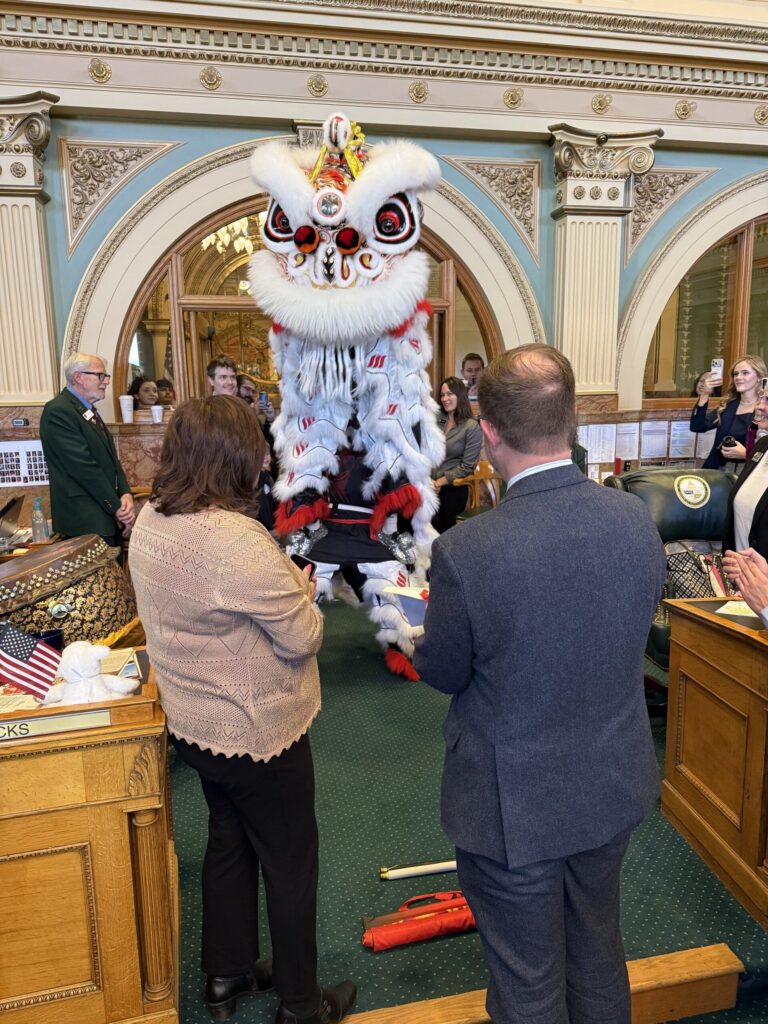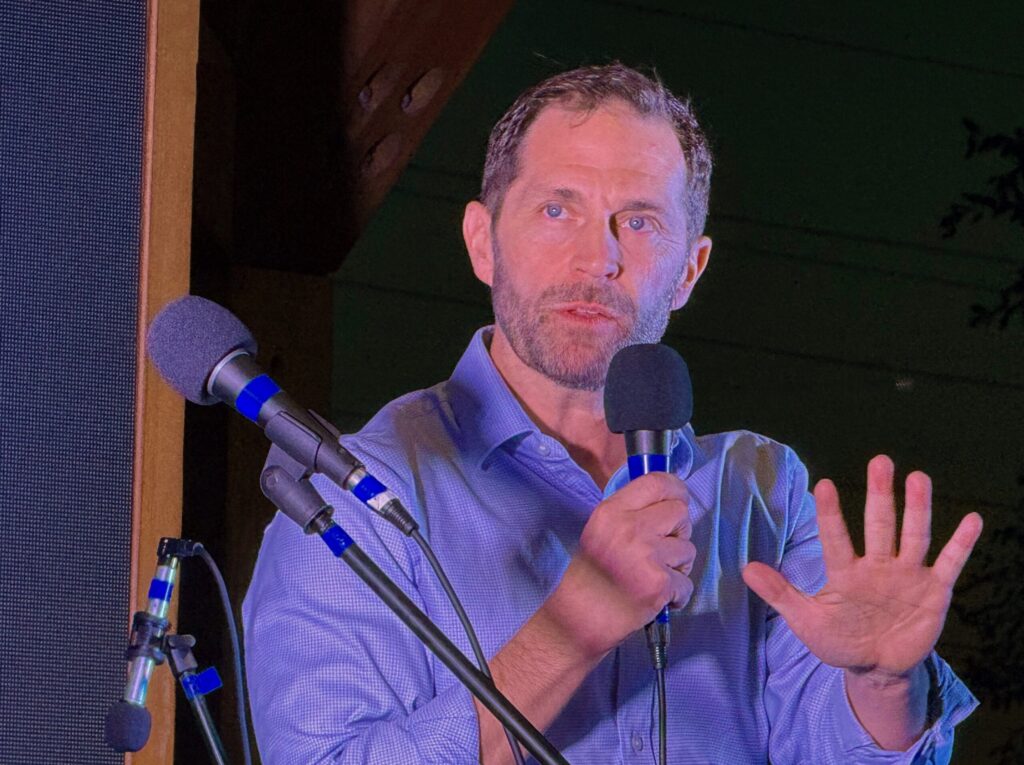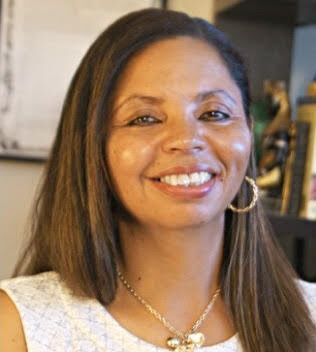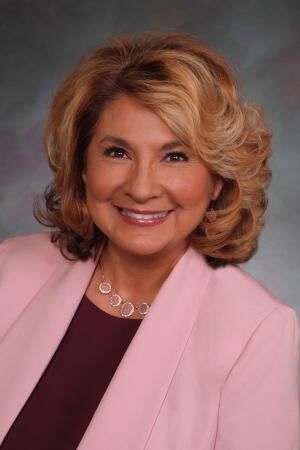Noonan: State required tests risk religious, citizenship discrimination in higher ed

Student data privacy and standardized testing have floated around the Capitol as hot issues for several years. In this legislative session, religious and citizenship discrimination has been added to this boiling stew through SB17-102, a bill concerned with demographic information collected by the College Board testing service through its Preliminary Scholastic Assessment Test (PSAT) and Scholastic Assessment Test (SAT).
This year, House and Senate legislators are collaborating on the bipartisan HB17-1181 that requires schools to give the PSAT to ninth graders to satisfy state assessment obligations. As it turns out, all the students who take this required, school district-delivered test will be asked a series of questions at the beginning of the testing period related to their demographics. Two of these questions concern citizenship status and religion. Other questions concern ethnicity, race, sex and the level of parents’ education.
While responding to these questions as 14/15 year-olds taking a state-required test is “voluntary,” about 80 percent of students give out answers, according to the Parent Coalition for Student Privacy. The College Board sells the collected student profiles to nearly 1,700 colleges, universities and non-profit scholarship organizations for 42 cents a profile.
The questions are portrayed to students as a tool to help them find colleges, universities and scholarships that match their background, financial situation and interests. Sure enough, just like an ad shows up on Facebook for what someone might want to buy, college promotional materials show up in students’ mailboxes.
The other side of the financial bargain between the College Board and education institutions is less benign. When colleges, universities and scholarship funders know the citizenship and religious status of students, they can discriminate by NOT sending college promotional material. Some religions may even be considered dangerous, if the current presidential executive order preventing individuals from seven majority-Muslim nations from entering the United States is any indication.
For non U.S. citizens, either answering or not answering the citizenship query can create risk. If a student checks off “Non Citizen,” that answer may lead some institutions to disregard that student. If the citizenship response is left blank, an institution may infer that the student is not a citizen, causing the same result.
When students pay to take the PSAT, SAT or Advanced Placement tests, they are in a different relationship with the College Board than when students are required to take the tests. It can be argued that none of the demographic information, including race and ethnicity, should be gathered by the College Board – even voluntarily -when a test is required by the state.
To further confound the principles contained in the PSAT/SAT religion and citizenship discrimination question, Republican state Sen. Tim Neville, SD-16, voted to kill the Democratic sponsored SB17-102 in the Senate Education Committee. But Neville is the GOP Senate sponsor for HB17-1013, the Free Exercise of Religion bill. That legislation would prevent discrimination against individuals who refuse to offer a service or product to people whose conduct violates religious beliefs. The common reference is to the Lakewood baker who wouldn’t make a cake for a gay couple’s wedding.
As of now, both SB17-102 and HB17-1013 are dead. The College Board can collect citizenship and religion data from students and sell student profiles containing that information to colleges and universities, giving institutions a means to discriminate against students. Bakers must continue to sell cakes to gay couples. Nothing has changed, but nothing remains the same.












